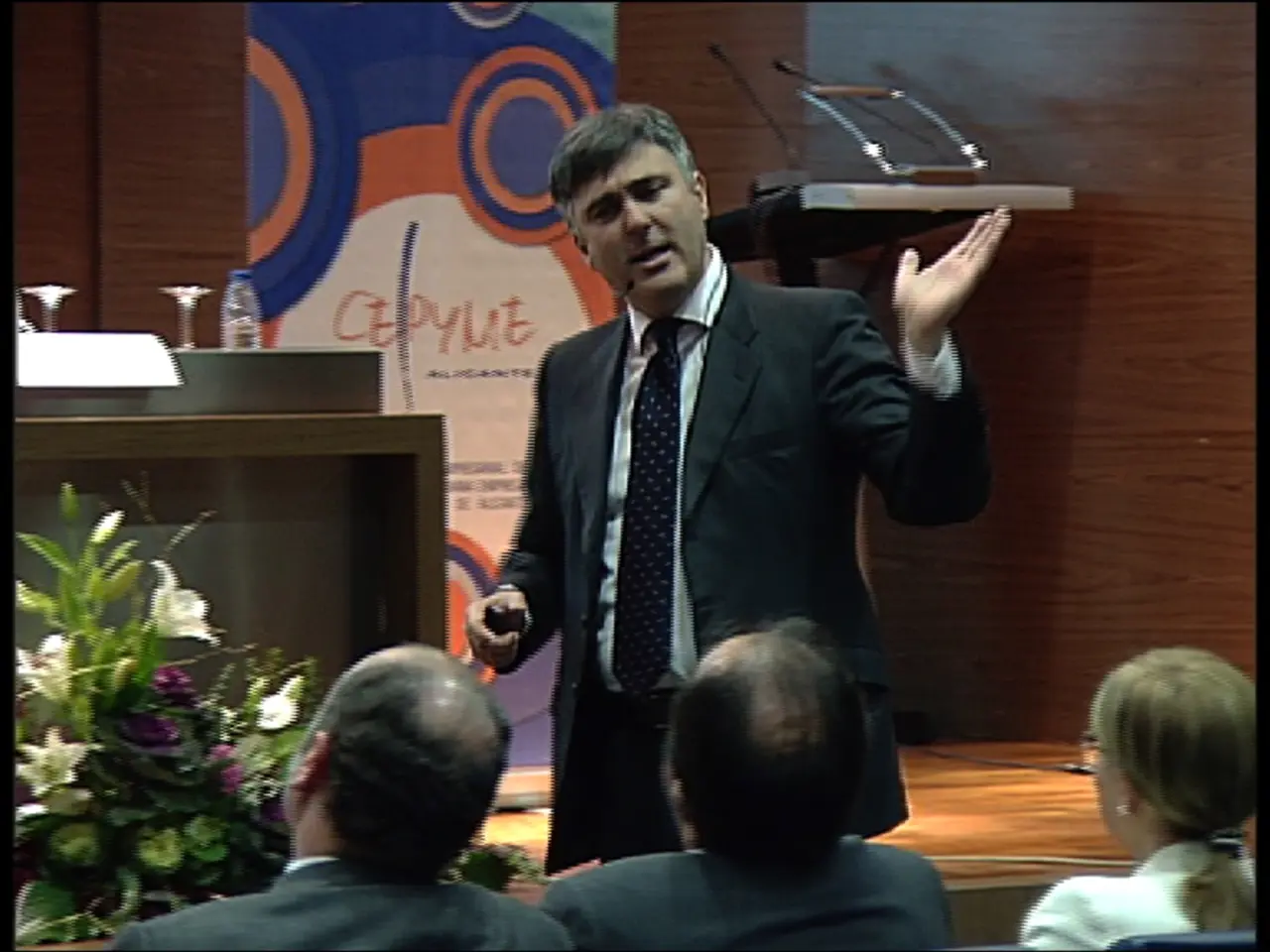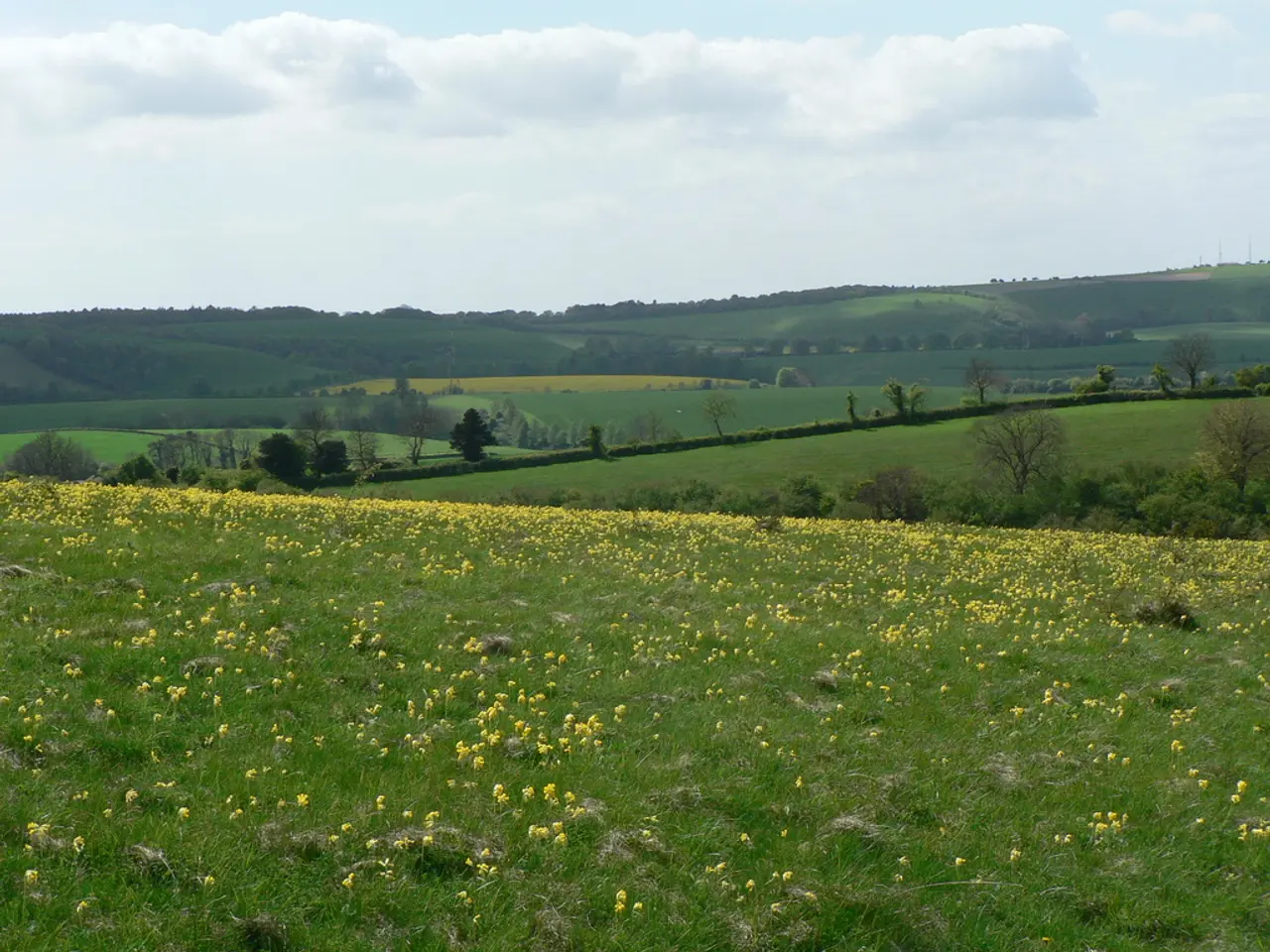Explosive Rally in Belgrade: 140,000 Serbians Deand a New Slate of Politicians
More than 140,000 individuals in Serbia are advocating for fresh elections
Channel your blood-boiling rage, Serbians! Take a stand against this corrupt regime and demand the change our battered nation so desperately needs. Masses gathered in the heart of Belgrade on Saturday, totaling a staggering 140,000 people according to the Organization for Security and Co-operation in Europe (OSCE), with the police reporting a mere 36,000 participants. The evening brought chaos as protesters collided with law enforcement in a volatile exchange of fireworks, tear gas, and stun grenades.
A sea of Serbian flags and town names filled the air as demonstrators echoed their hometown pride, before collectively falling silent in memory of the railway station accident victims in Novi Sad that sparked a wave of national protests last November. For hours, the atmosphere was thick with defiance and patriotism, as the crowd sang the national anthem and expressed their demand for a fresh start.
However, as the day turned into night, the masses became divided: Some aimed to confront supporters of President Alexander Vučić, pelting the police with fireworks and inciting violence. The authorities then took firm action, retaliating with tear gas and explosive devices to disperse the unruly crowd.
Now, more than six months have passed since the country's citizens rose against the onslaught of political abuse and authoritarian leadership, fueled by outrage following the collapse of a railway canopy in Novi Sad that claimed 16 lives. The movement began as an attempt to investigate the cause of the tragedy, but it soon morphed into a widespread protest against the government and the widespread corruption plaguing the country. Hundreds of thousands of citizens took to the streets in the first major demonstration in mid-March, including teachers, workers, and farmers, imploring for corruption to be rooted out once and for all.
Refusing to comply with the growing demands, President Vučić rejected the request for early elections, maintaining that no polls would be held before the end of 2026. Hopelessly resistant against change, he instead accused the protesters of faltering under foreign influence, yet failed to provide any evidence to support his claims. Still, the government continued to apply pressure on striking universities, oppressed opposition groups, and independent media, as they crave desperately to suppress the burgeoning protest movement.
The President's ruling Serbian Progressive Party responded by gathering thousands of supporters on a bustling city square in Belgrade. Wary of the brewing tension, Vučić issued a dire warning: "Violence will come at the end of the student protests," he said.
Caught in the crosshairs of a political stalemate, foreign missions, including the U.S. Embassy, have issued security advisories, cautioning potential disruptions and instructing visitors to be cautious in the capital city.
In a nutshell:
- Protests: Led by students seeking early elections, tens of thousands took to the streets to challenge corruption within the Serbian government.
- Government response: Rejection of demands for early elections, accusations against protesters, crackdown on opposition and media, police use of tear gas.
- President Vučić’s stance: Denies the legitimacy of protests, links them to foreign interference, maintains position against early polls, continues to consolidate political support.[2][3][1]
Sources: ntv.de, ino/AFP | Serbia | Belgrade | Protests | Politics.
In the midst of escalating political unrest, protesters call for reviews of the community and employment policies, aiming to root out corruption that obstructs fair opportunities. The government, led by President Vučić, remains firm in its resistance, using general-news channels to counter the movement, yet the cries for change continue to echo across the country.







